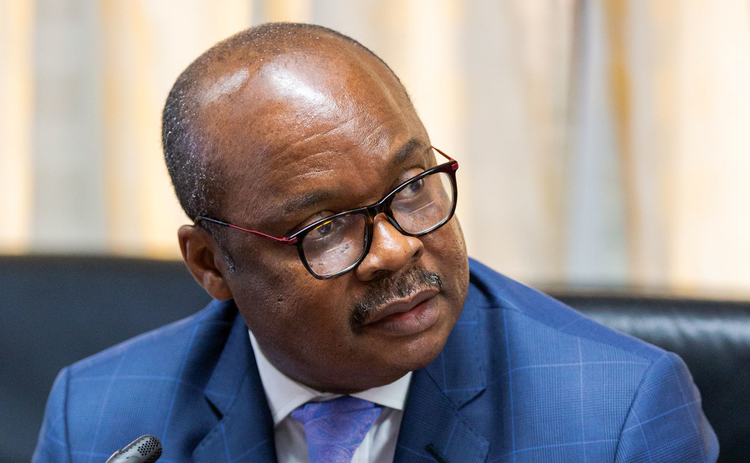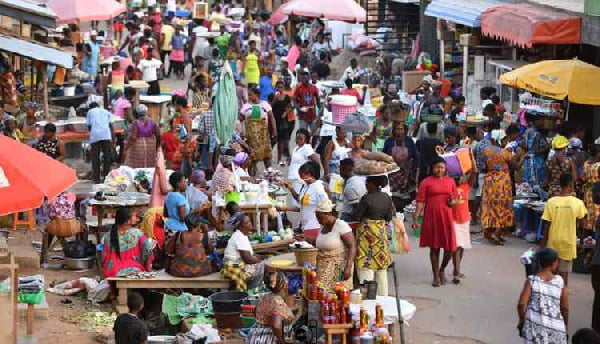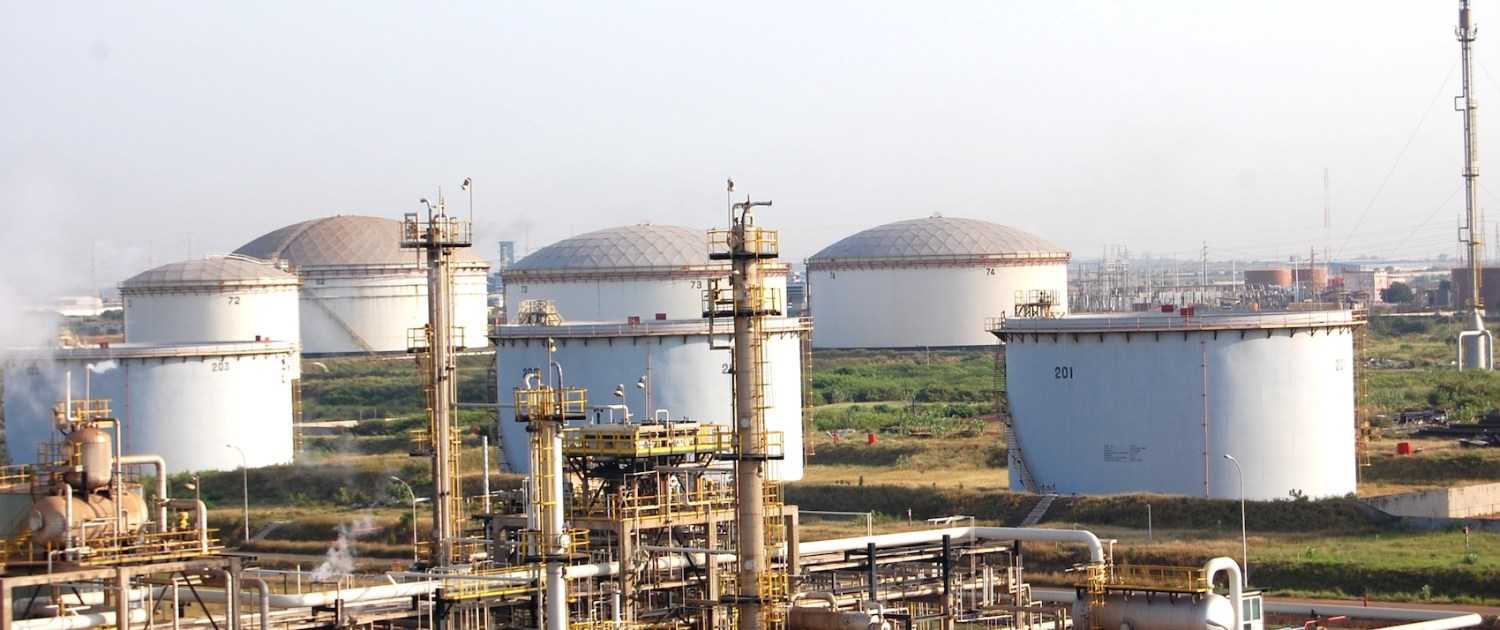Addison: Africa Needs Stronger Support From IMF

The Governor of the Bank of Ghana, Dr Ernest Addison, has stated that the fragmented global financial safety nets demand much stronger support from the International Monetary Fund (IMF) for African States in economic crisis.
The WBG World Debt Report (2022) estimates Sub-Saharan Africa’s (SSA’s) long-term external debt stock at US$636 billion at the end of 2021, with nineteen of the 35 low-income countries either in or at high risk of debt distress, while some others (including Ghana) are completely shut out of the international capital market.
The crisis has been attributed to the COVID-19 pandemic, the Russia-Ukraine war, the tightening of financing conditions and climate-related disasters.
Giving remarks at the 2023 Africa Consultative Group Meeting with the Managing Director of the IMF, Dr Addison underscored the need for the Fund to help restore financially distressed countries.
He indicated that African countries are undertaking measures to boost fiscal resilience by improving public finance and investment management, enhancing fiscal transparency and governance, addressing corruption risks, and progressively phasing out untargeted subsidies.
However, he noted that domestic policy efforts alone are inadequate to address the problem of macro stability and called on the IMF to improve its lending framework; and strengthen the multilateral framework for dealing with Africa’s debt distress in a timely manner.
He suggested,“Improving the IMF’s lending framework to enhance the continent’s access to Fund resources is macro-critical in this challenging environment. In this regard, I would urge the Fund to consider increasing concessional financing to the continent by modifying the access thresholds, including expanding access limits and relaxing eligibility criteria for PRGT resources. This will ensure timely financing assistance to the most vulnerable members.
“The Fund should continue close engagements with other international financial institutions and creditors to strengthen the multilateral framework for dealing with Africa’s debt distress in a timely manner. In this context, the G20 Common Framework (CF) should be enhanced to deliver swift, predictable, transparent, and equitable debt resolutions, while permitting debt service suspension during negotiation to offer instantaneous relief to debtors.
“Finally, the Fund should continue tailored capacity development and surveillance support, in conjunction with other international partners, which are indispensable in the continent’s reform agenda towards addressing debt challenges and creating fiscal space to tackle longstanding snags to sustained economic growth and development in member countries.”







